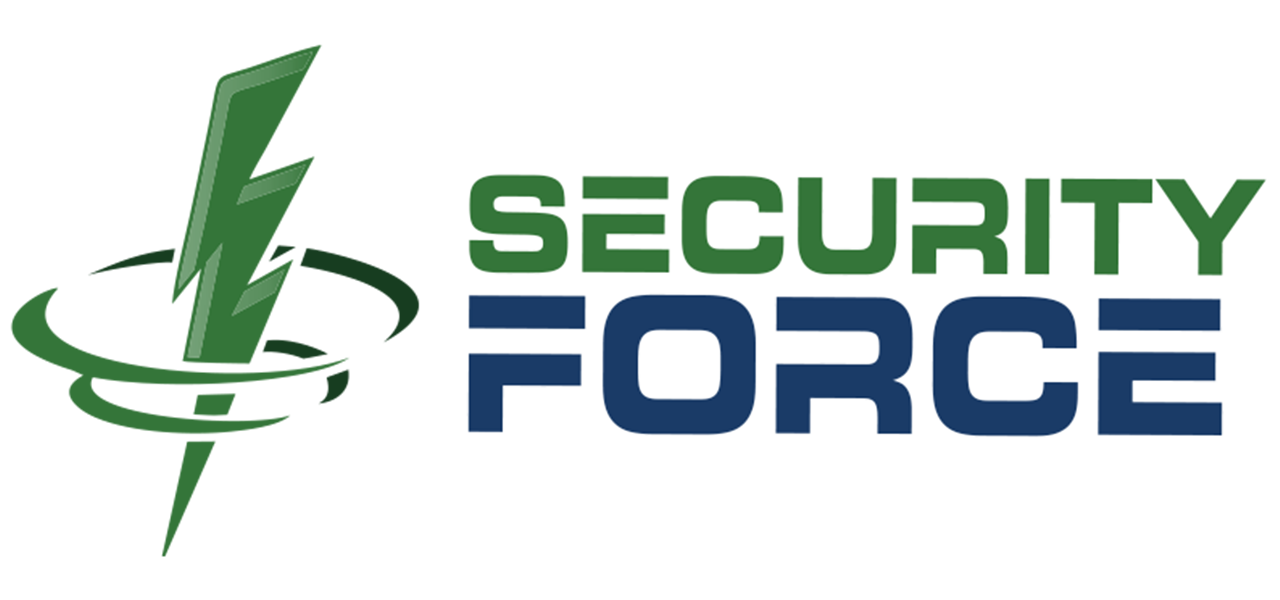Not everyone has the authority—or the budget—to fix security problems. But that doesn’t mean you should stay quiet.
If you’ve ever noticed something that didn’t look right—a door that doesn’t latch properly, a camera stuck offline, a light that never comes on at night—you’ve spotted a vulnerability. And while you may not be in charge of security, maintenance, or facilities, you are absolutely in a position to say something.
In fact, it may be even more powerful if you’re not the one in charge—because when people outside the security team notice issues, it shows that the problem is real, visible, and worth attention.
Step One: Say Something (and Put It in Writing)
A quick hallway comment or a mention in a meeting might raise awareness for a moment—but if you want your concern to be taken seriously, document it in an official channel:
- Send an email to facilities, security, or your supervisor.
- Log it in your company’s maintenance ticket system.
- Submit a safety report if your organization has one.
- Even a Slack or Teams message can count, as long as it’s not ephemeral and can be archived.
It doesn’t need to be dramatic. Just something like:
“Hey, just wanted to flag that the west loading dock door is sticking and not always closing completely. Could be a security risk if it’s left ajar. Not sure who handles that, but wanted to make sure someone knew.”
That’s it. You’ve done your part. And you’ve left a paper trail.
Step Two: Save the Message
If your organization doesn’t fix the issue—or worse, something happens down the road—you now have a record that you noticed and spoke up.
This can be critical for:
- Liability protection
- Incident response reviews
- Insurance investigations
- Accountability across departments
It’s not about pointing fingers. It’s about showing that you took action and made an effort to prevent a potential problem. That’s leadership—regardless of your role.
You Don’t Need to Work in Security to Care About Security
In fact, the best security cultures are the ones where everyone is empowered to speak up.
You don’t need to know how the camera system works. You just need to notice that one of them has been blacked out for a week. You don’t need to know who manages the access control software—you just need to notice that a door doesn’t fully latch after closing.
Security is a team sport. And awareness is the first line of defense.
Not Every Problem Gets Fixed. But Every Problem Should Be Noted.
Let’s be honest—budgets are tight. Priorities compete. Some issues may take months to resolve. Others may fall through the cracks entirely.
But your job isn’t necessarily to fix the problem. Your job is to make sure it’s seen.
And by putting your observation in writing, you give your organization a chance to do better—and protect yourself in the process.
Final Thought: Document First. You’ll Be Glad You Did.
Whether you’re a receptionist, a warehouse lead, a nurse, or an IT manager, if you see a security issue, make a note. Send a message. Write it down.
You don’t need to make a fuss. You just need to make a record.
Because the only thing worse than a preventable incident… is a preventable incident that nobody said anything about.
If you’re not sure what kinds of issues to watch for—or want help training your team to spot and report vulnerabilities—get in touch. Security isn’t just about systems. It’s about people who care enough to speak up.

